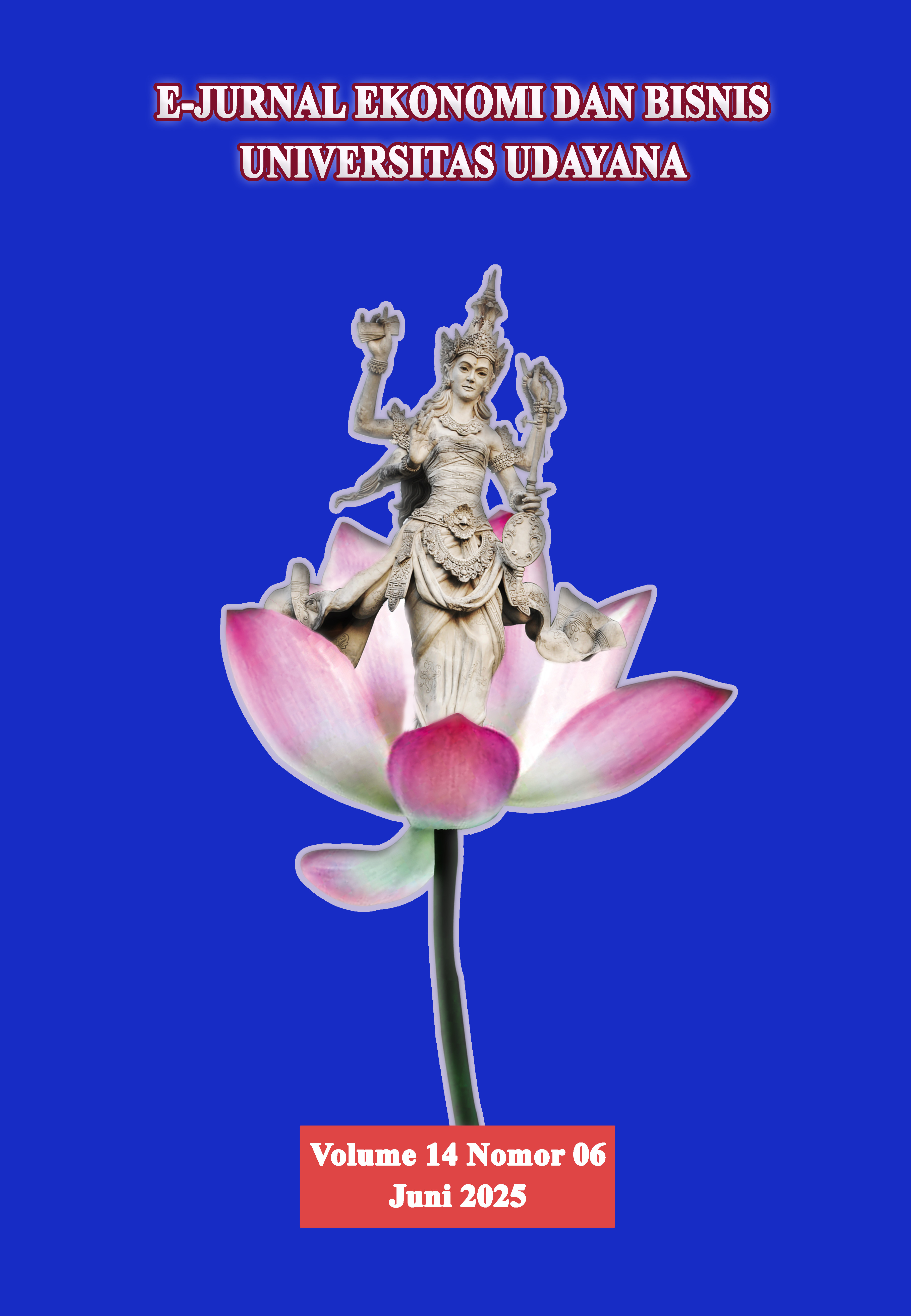DO PARENTS WILLING TO PAY FOR PREVENTING STUNTING? EVIDENCE FROM BEKASI
Abstract
In Indonesia, stunting is still a significant public health issue that has an impact on children’s physical and mental development. By applying the contingent valuation method (CVM), this study examines parents' willingness to pay (WTP) for stunting prevention programs in Bekasi City. In a survey, 362 participants were chosen using proportional stratified random selection. Multiple linear regression is utilised in the study to investigate the impact of environmental and sociodemographic factors on WTP. According to the findings, most parents are prepared to finance stunting prevention initiatives with an average monthly contribution of IDR 16,000 (USD 0.98). Water quality, child nutrition, parent's education level, and monthly household income all have a positive and significant impact on WTP. On the other hand, parents' jobs and the distance to healthcare services have a negative effect. These findings highlight the critical role of economic capacity, education, and environmental factors in shaping parental support for public health initiatives. The study underscores the need for targeted educational campaigns and improved healthcare accessibility to enhance community participation in stunting prevention.


















